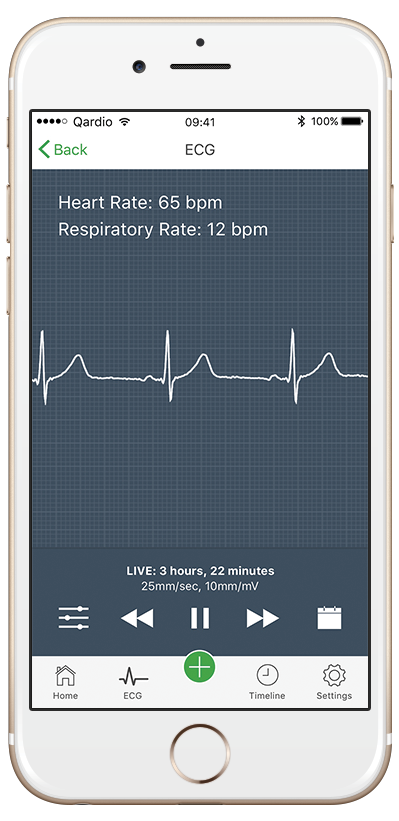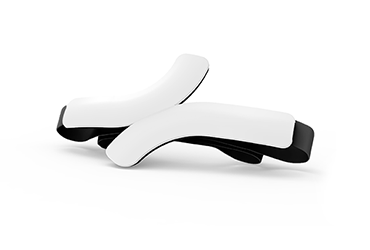Electrocardiogram, also known as ECG or EKG, is a heart performance test that charts the electrical activity of your heart and records it on a moving paper or shows it as a moving line on a screen. It is used most often to analyze the heart behavior and detect cardiac problems such as arrhythmias, heart beat irregularities and other conditions that prevent the heart from functioning normally. But how do you read an electrocardiogram? Here are examples of an ECG trace: 
What can you tell from ECG?
ECG trace shows if your heart is working well or not. Normally, an ECG trace is analyzed for problems and checked for the most common heart conditions including arrhythmias, coronary heart disease, suspected or past heart attacks and strokes.
ECG interpretation and who can do it?
Once an ECG test has been performed and the trace recorded, it needs to be reviewed by a trained professional. A cardiologist or other medical specialist analyzes the dips and peaks in the readout. In professional terms, this means he will examine the 3 main parts of the ECG – the P wave, the QRS complex and the T wave. As an ECG test measures many different aspects of the heart’s function, interpreting an ECG/EKG report requires trained medical staff to provide a correct diagnosis.
Although reading ECG is best done by a trained medical professional, you can start building your ECG/EKG history on your own. With QardioCore wearable ECG monitor it’s easy as it doesn’t require any patches or wires. Learn about ECG monitors and how ECGs work here.
Sources:
British Heart Foundation
National Center for Biotechnology Information




